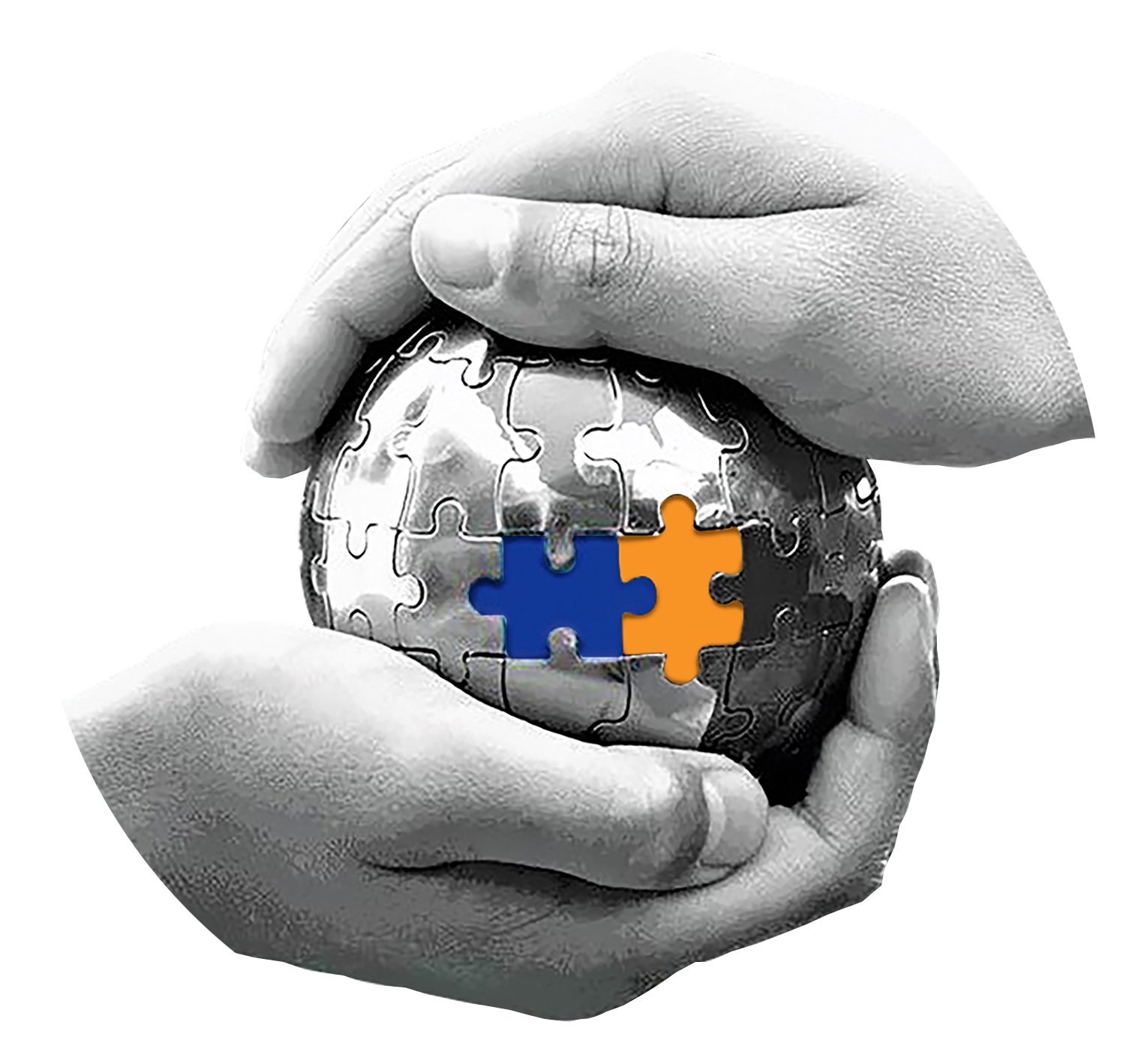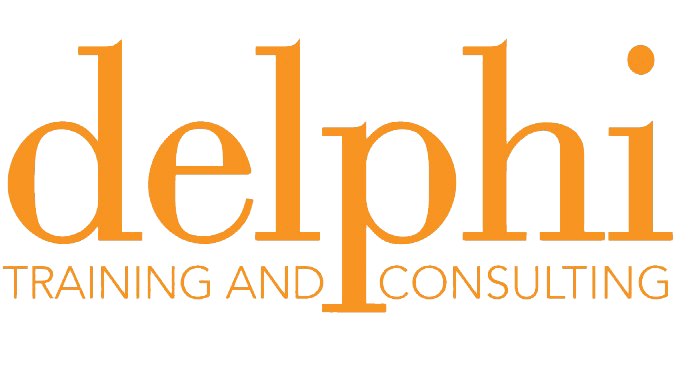Event Details:
August 2, 2023 | 6:00 pm | 8:00 pm | 2 |
August 9, 2023 | 6:00 pm | 8:00 pm | 2 |
August 23, 2023 | 6:00 pm | 8:00 pm | 2 |
August 30, 2023 | 6:00 pm | 8:00 pm | 2 |

Consultations via Zoom, Micro-Soft Teams, in-person or telephone, assist seasoned and therapists new to complex and relational trauma to:
Assisting individuals with a history of trauma or abuse is usually long term and at times may be challenging for both client and therapist. Trauma clients may present with a range of complex and confusing or unrecognized symptomatology.
Naomi Halpern provides case consultations to health care professionals working with complex trauma and severe stress. Topics for individual case consultation include:

– Ross and Halpern, 2009


Many therapists express concern they may have unwittingly overstepped professional boundaries or under-responded to the complex needs, presentations and challenges of this client group. Powerful feelings of grief, shame and anger or alternatively, numbing and detachment can arise in response to a client’s challenging material or behaviour.
Unrecognised or unaddressed, these counter-transferential responses may lead to blaming or disliking a client and to a defensive engagement, with profoundly negative impacts on therapy.
Vicarious trauma and empathic strain can significantly impact the therapist’s emotional and physical wellbeing, sense of professional competence and interpersonal relationships. When acknowledged and embraced, these normal feelings and responses can provide powerful insights and guidance to the course of therapy.
Finding the middle path, where the therapist is neither pushing a client to do work they are not ready for, nor colluding in avoidance of painful material, requires the capacity to sit back and reflect on what is occurring in and out of the therapy room.
Therapists have much to offer from a skill perspective, as well as their own life experiences and personal qualities. The therapeutic relationship is best able to facilitate healing when the therapist is committed to his or her own personal journey, recognising the ‘wounded healer’ in us all.
As we endeavour to provide our clients with nonjudgmental and empathic understanding, it is equally important for therapists to have a safe space to receive the same. Case consultation offers the opportunity to learn new skills, get back on track and reinforce or restore confidence in your capacity to assist your clients on their journey.
Ultimately, the therapist is responsible for the therapy session while the client is responsible for their healing.
These tax deductible consultations are suitable for:
Event Details:
August 2, 2023 | 6:00 pm | 8:00 pm | 2 |
August 9, 2023 | 6:00 pm | 8:00 pm | 2 |
August 23, 2023 | 6:00 pm | 8:00 pm | 2 |
August 30, 2023 | 6:00 pm | 8:00 pm | 2 |
Event Details:
July 26, 2023 | 6:00 pm | 7:30 pm | 1.5 |
Event Details:
July 14, 2023 | 9:00 am | 1:00 pm | 4 |
July 15, 2023 | 9:00 am | 1:00 pm | 4 |
The training was excellent and really well received by the team. We’d love to proceed with a full day training to continue to build on these skills later in the year.
Employment Plus - Salvation Army, Melbourne, VicThis complex material was very well organised and well presented with helpful, relevant and striking case examples e.g. the art work client's story. The candid comments from Naomi regarding some of her personal experiences as a therapist were effective and added warmth and a 'real life' context to the core content. These brief, humorous, tangible disclosures had an opening up, relaxing, humanising effect which softened the harder cerebral slog of technical material. The exercises were useful and essential in terms of knowing what is going on in yourself as a therapist.
PsychologistThis was the BEST workshop I have to been to in a very long time. Naomi was engaging, extremely interesting and able to relate the concepts to real life. I didn't doze once in her presentation ;-)!! It was well worth the trip from Melbourne to Geelong to see her. I would love to see more workshops from Naomi.
Psychiatrist, MelbourneI found Naomi's "parts" perspective within the Snow White Model of complex trauma, and the information on the neurological aspects of treatment a most helpful framework. It assisted me to integrate my pre-workshop understandings of complex trauma and strengthens my understandings.
Social Worker, NewcastleThe two days were well paced, had well organised content enhanced by the Snow White metaphor and wove together therapeutic work with the brain function in a clear and concise way. I felt validated in my work but also challenged to be more collaborative, slow down and think more widely and deeply about interactions between the parts. The Snow White model has helped me to more easily remember the functions, survival responses and attachment characteristics of the different parts.
Psychologist, New ZealandDelphi Training and Consulting acknowledges Aboriginal and Torres Strait Islander Peoples as the Traditional Owners and Custodians of the lands and waters which we share. We pay our respects to Elders past, present and future. We acknowledge and recognise it is the oldest living culture in the world and that sovereignty has never been ceded. It always was and always will be Aboriginal land.


Delphi is an inclusive and safe organisation. We respect, celebrate and support diversity, the inclusion of children, young people and adults from LGBTQIA+ communities, people with disabilities, people from CALD backgrounds and people with diverse religious beliefs or affiliations.


Get all latest news, event updates and access to resources & information.
This has been an inspirational and full training opportunity. Not only has the content been excellent, but Naomi's presentation has also been excellent. I really enjoyed your 'humanity' Naomi and the way you used examples from your practice, both successful and less successful ones! You obviously have strongly well developed and integrated Parts, that have overcome the past, and allow you to shine in the present! So many thanks.
Social Worker, New Zealand